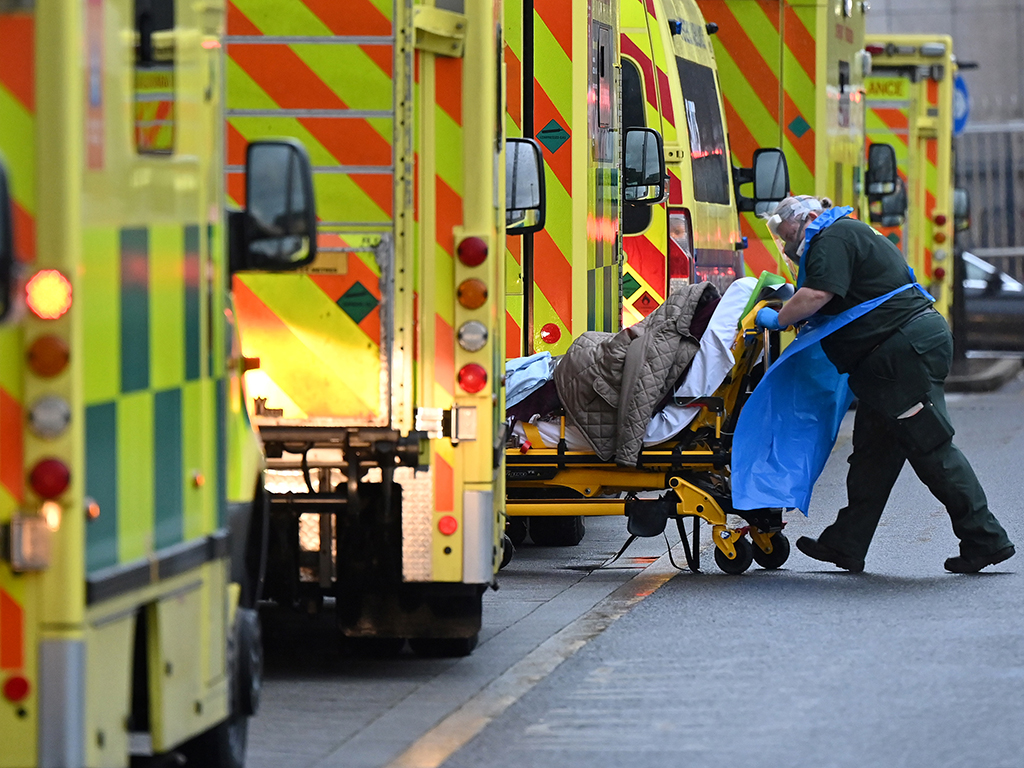
This article was originally published on 13 December 2022.
Workers in key sectors across the UK are continuing their strike action this month. There are multiple reasons behind these disputes, but the main driver is that wages are falling behind inflation, which reached 11.1 per cent at the end of last year.
The average salary in the UK is £33,000. However, Britons perceive it to be lower, according to New Statesman polling, and therefore may have a warped view of what people staging industrial action are paid in the context of the country at large.
We also found that members of the British public are generally more likely to underestimate than overestimate their own incomes when comparing themselves with the average UK citizen. As a nation, we are far more likely to think we have a below-average income than above average. This ties into self-perceptions of social class too – a quarter of Britons on salaries of £100,000 or more consider themselves “working class”.
[See also: The biggest myths about this week’s strikes in the UK]
This may feed into assumptions that workers demanding better pay are somehow better off than they are, or that identifying as “working class” is a more comfortable status than it is in reality. So to avoid any confusion, here are the salaries of the main workers going on strike this winter:
Paramedic: £27,055 (starting salary)
Nurse: £27,055 (starting salary)
Rail worker: £33,000 (average salary, according to the RMT rail union); £39,518 (average salary, excluding cleaners, according to the Office for National Statistics)
Bus driver: £18,000 (starting salary)
Border Force officer: £21,431 (starting salary)
Royal Mail postie: £16,000 (starting salary)
Workers are not paid by their employers for the days they strike.
Read more on strikes:
Does the wave of strikes mark the end of the long 1990s?
Rishi Sunak has been left looking complacent on strikes






